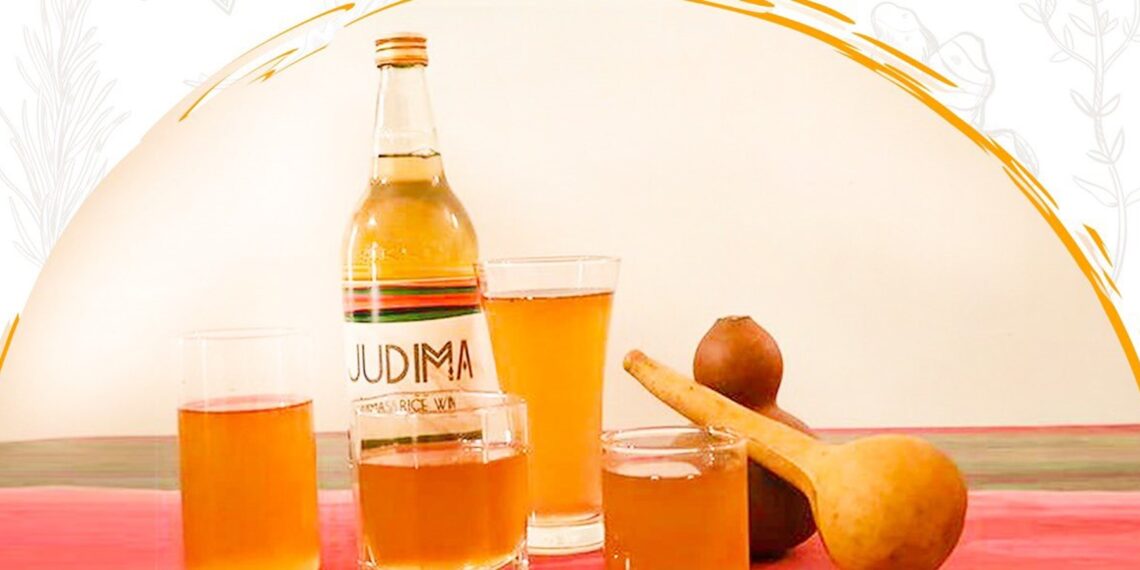GUWAHATI: Recently, when the traditional brew of Assam’s Dimasa tribe, Judima, became the first in the Northeast to secure the coveted Geographical Indication (GI) tag, it marked a significant milestone for the state’s brewing tradition.
For Judima’s significance in Dimasa life is profound. The traditional brew is an important part of the tribe’s Bushu celebrations, the post-harvest festival in December and January.
It’s this time of the year when the aroma of freshly brewed Judima fills Dimasa households. Brewing begins with the arrival of paddy from the jhum fields in November, signifying the start of the festive season.
Known as a variety of Ju or alcohol, Judima has been a treasured tradition predominantly brewed by Dimasa women.
ALSO READ Decoding zutho: Nagaland’s traditional brew that invites cultural voyage
The knowledge and artistry of crafting this unique brew have been passed down through generations of female brewers, becoming an integral part of Dimasa culture and society.
It is an essential element of all social gatherings, from celebratory occasions to mourning rituals.
For instance, during the first birth ritual, “nana besheng jiriba”, Judima delicately graces the lips of the newborn, imprinting the essence of tradition.
The taste of Judima is a sensory journey, evolving with the seasons, proportions of grain, and the fermenting process.
From its sweet and warm inception to a matured state that becomes sweeter and smoother, Judima reflects the rhythm of nature.
Three rice varieties—maisha, maiju, and baireng—are carefully selected for brewing, with maiju being a prized but expensive choice.
To enhance volume and alcohol content, brewers often mix the bitter baireng variety, resulting in a brew with an alcohol content ranging from 12 to 18%, occasionally peaking at a potent 32% in aged batches.
ALSO READ How a beer named after Nagaland is quenching Myanmar’s thirst
While yeast plays a central role in fermentation, the true magic lies in the thembra plant, scientifically known as Accacia pennata or climbing wattle.
This plant, only identified by tasting, kick-starts the fermentation process and is an essential part of Judima’s unique flavour profile.
Beyond individual households, co-operatives run by women are emerging, reflecting a communal approach to brewing Judima.
Judima is more than a drink; it encapsulates an indigenous way of life, a celebration of culture, and a testament to the profound knowledge indigenous communities hold about their forests and lands.
As the aroma of freshly brewed Judima continues to waft through the air, the Dimasa tribe raises their glasses to a legacy steeped in tradition and now recognised on a national scale.















